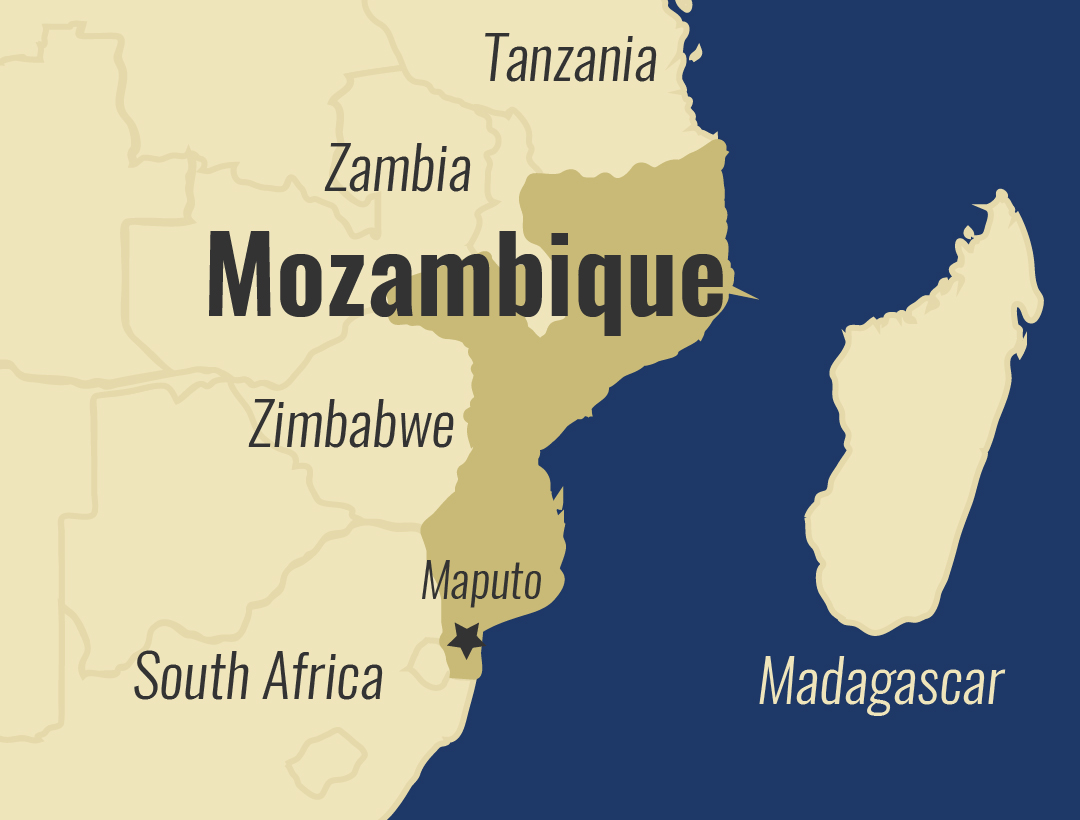
Mozambique accused of abuses in its fight against extremists

Amnesty International Wednesday accused Mozambique’s government security forces of torturing suspected members of an Islamist insurgency in the country’s northern Cabo Delgado province — as well as “possible extrajudicial executions”, and of “discarding of a large number of corpses into apparent mass graves”.
“This behavior flouts the fundamental principles of humanity. The abuses attributed to the group known as Al-Shabaab can never justify further violations by the security forces of Mozambique,” said Deprose Muchena, Amnesty International’s Regional Director for East and Southern Africa.
“The government of Mozambique must now order a swift, transparent and impartial investigation to bring all those responsible for such crimes to justice in fair trials.”
Mozambique’s extremist insurgency began in northern Cabo Delgado province, bordering Tanzania in the north and the Indian Ocean to the east, in October 2017.
More than 1,000 civilians have been killed, mainly by the rebels, and the total number of fatalities stands at 1,854 including combatants on either side, according to the Armed Conflict Location and Event Data Project (ACLED).
The rebels dramatically stepped up their attacks in 2020 and in August captured the strategic port city of Mocimboa da Praia and have held it for nearly a month.
In their battle against the extremists, the Mozambican military and police are committing human rights abuses, said the Amnesty report.
Amnesty said its researchers analyzed five videos and three photos obtained from sources in Mozambique. The soldiers committing the atrocities in the videos are wearing the uniforms of the Mozambique Armed Defense Forces (FADM) and the Rapid Intervention Unit (UIR) of the Mozambican police, Amnesty said.
In several videos, the soldiers refer to their captives as Al-Shabaab, Arabic for “the youth,” local slang for the Islamic rebels in Cabo Delgado, picking up the name of Somalia’s extremist rebels.
Mozambique’s extremists have allied themselves with the Islamic State group, taking the name Islamic State Central African Province.
In the videos studied by Amnesty, the soldiers speak Portuguese and Shangaan, a language from southern Mozambique. The soldiers in the videos also reference recent fighting in the town of Mocímboa da Praia, “making it highly likely that the videos were filmed in or near Cabo Delgado in the first half of 2020,” Amnesty says.
Orlando Mudumane, the spokesman for the Mozambican police force, said he had no comment on Amnesty’s charges when contacted by The Associated Press.
A Ministry of Defence spokesman also did not comment.






